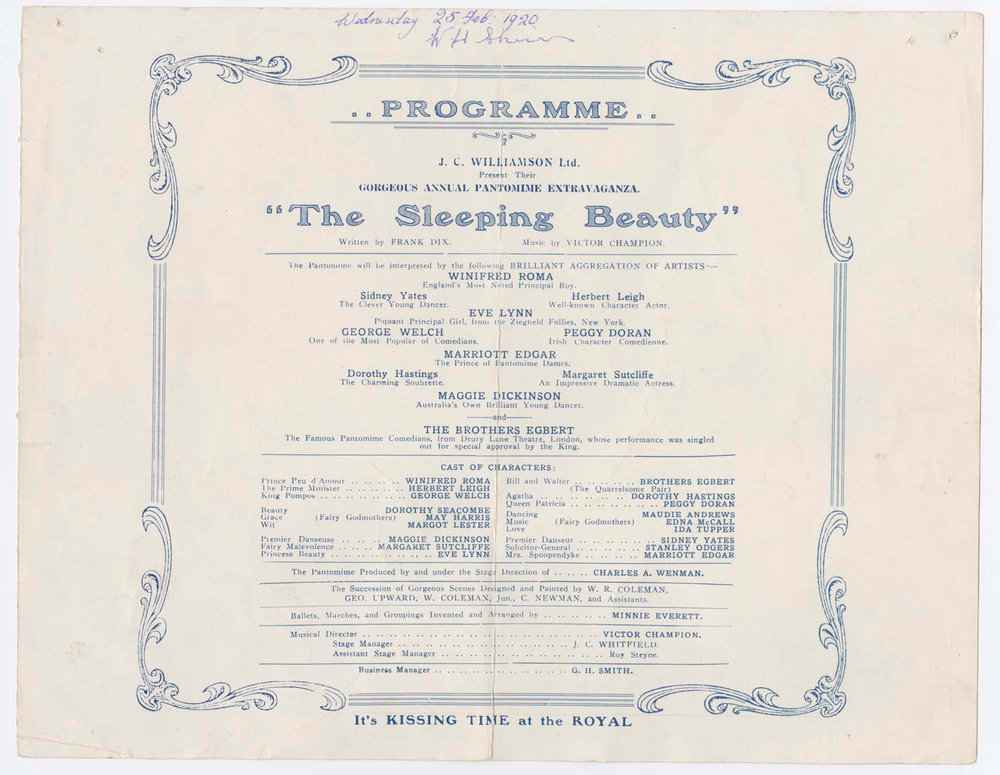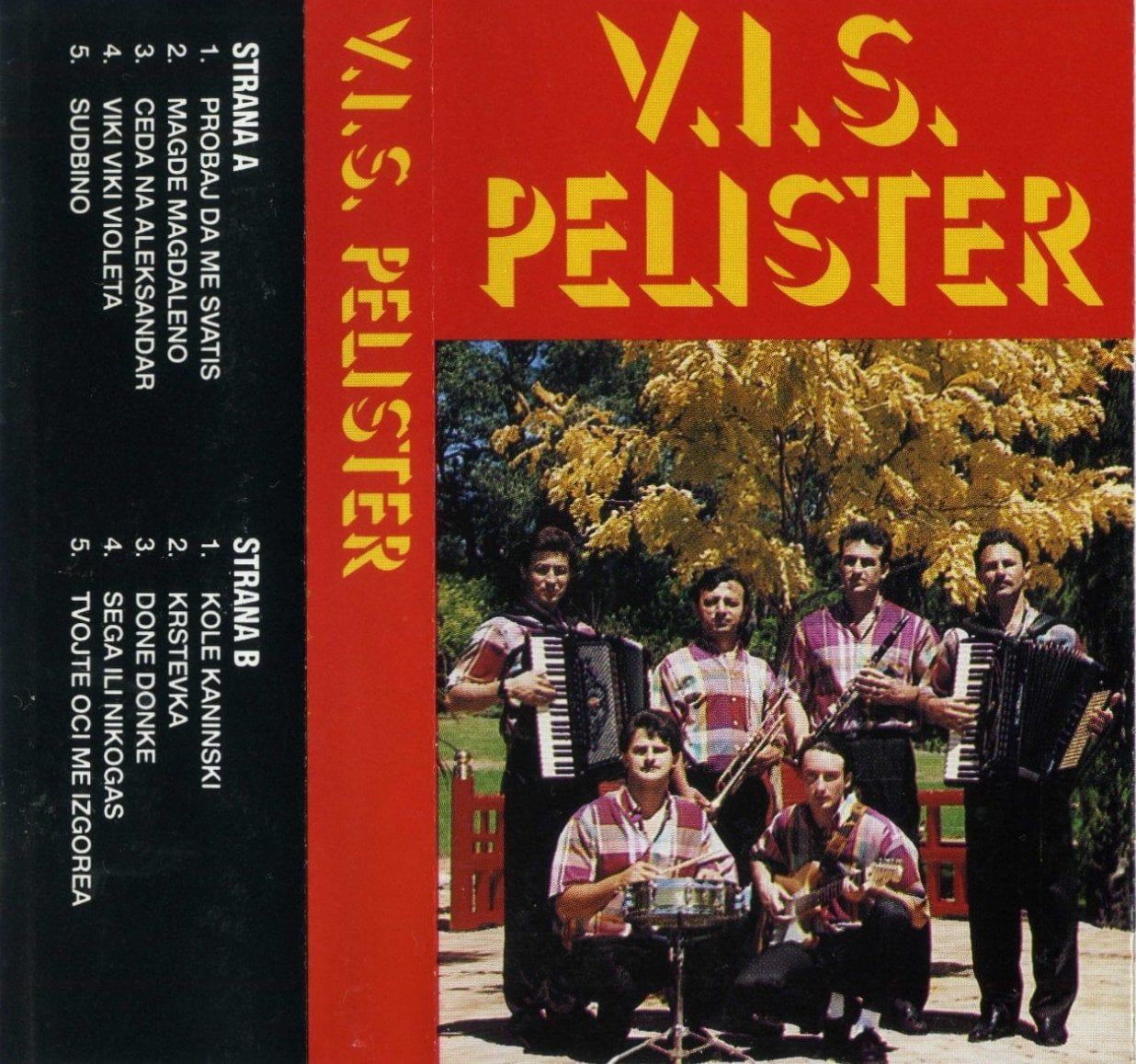'Eurovision promotes openness and diversity'
One of the key features emphasised every year with the world's largest song contest, now in its 69th year. This is evident with it having showcased songs in over 50 languages, and there have been some high-profile LGBT performers to have won (Dana International in 1998, Conchita Wurst in 2014).
But is it really as open and diverse as the European Broadcasting Union (EBU), the organiser of the competition, and its loyal fanbase, would have you believe?
This highly vaunted ideal was put to the test this year with the title of one particular entry, where we saw that openness and diversity only goes so far. The overriding factors of the societal status quos still trump whatever truly pushes, or accurately reflects, diversity in the modern world.
And all this had to do with one word... the Maltese word for singing, 'kant'.

One of the most fascinating stories to come out of the months-long national-final stage in the lead-up to Eurovision 2025 was when Malta's public selected Miriana Conte to represent the island nation with the delightfully punny-titled song Serving Kant. There had already been word in Eurovision fan circles of this song, particularly over its provocative title, but also because its singer bore a resemblance to the most renown Junior Eurovision winner (2015) and later Maltese entrant (2020/1), Destiny. Like with so many Eurovision songs where often they reflect styles stemming from (Black) US music, Destiny's 2021 song representing Malta, Je me casse, appeared much like something that Beyoncé or Lizzo would perform, though lacking from Destiny's performance was that genuine sass. Not a problem with Miriana Conte, who oozed authenticity with the sexual nature of her song.
But hey, Serving Kant? Isn't that a bit... naughty?
Let's look into this.
'Kant', first of all, is not a reference to German philosopher Immanuel Kant (as some on the socials otherwise insisted) but as mentioned is the Maltese word for 'singing'. Though essentially a Semitic language, Maltese has drawn a lot of vocabulary from Latin, with 'kant' being one of them. Compare this to the words for 'singing' in Latin-derived Romance languages, such as 'cant' in Catalan and Occitan, 'canto' in Italian and Spanish, 'cântat' in Romanian, 'cantau' in Portuguese, etc.
But wait, that sounds a lot like the English profanity 'cunt', referring to female genitalia but also in slang to someone who's an idiot. 'Cunt' though has varying degrees of shock value. As what Australian feminist Germaine Greer once said, "'cunt' is one of the few remaining words in the English language with a genuine power to shock." White middle/upper-class native-English speakers in the UK and North America are most offended by the term, whereas it's of the same level of offence as other profanities such as 'dick' by native English-speakers of all classes in Ireland and Australia. In my case, as an Aussie I never knew the term to be anything worse than any other profanity, to the point that I, like many other Australians, would use it often (though only in certain circumstances). However, it was a major shock for me to discover when I moved to the UK and found that the Brits considered 'cunt' to be the worst word of all that they even euphemistically referred to as the 'c-word'. To me, this was ridiculous. Just to make sure that I hadn't been living in a bubble, one time when calling Australia from the UK, I asked my mother "What do you say about the word 'cunt'? Are you offended by it?" Her response was: "Well, it's not the nicest of words but there's nothing too offensive about it. Why do you ask?" Explaining to her that it was considered the worst word was also shocking to her, so I wasn't alone here. However, like so much of Australian English, this attitude towards 'cunt' stems from usage from the variant's white UK working-class roots. So offence for the term is classed-based and comes with a heavy dose of snobbery.

Now we have the phrase 'serving cunt', which like so much of English slang came from African-American Vernacular English (AAVE), more precisely from the sociolect of the New York ballroom scene primarily populated by LGBT people of African-American and Latino origin. Unlike in standard English forms, 'cunt' in this sociolect has been reappropriated as a high form of praise, with Black trans women and queer people using 'cunt' (and 'pussy') as adjectives to suggest feminine superiority. How it made its way from such a specific sociolect to become one of the coolest and 'highest compliments you can give someone these days' can be greatly attributed to the general popularisation of much LGBT AAVE through the worldwide cultural phenomenon directly attributed and/or associated with the mainstreaming of US drag culture via the international fame of RuPaul's Drag Race. 'Serving cunt' certainly entered the English vernacular in 2023, but more about its rise can be found here.
Going back to Miriana Conte's song, we don't have the English 'cunt' here but the Maltese 'kant'; the English 'serving' combined with the Maltese 'kant' now forms 'serving singing', meaning she's providing the highest or most perfect presentation of singing. This linguistic construct where elements from two languages have formed a pun phrase is called a 'bilingual pun', a common feature in the code-switching that characterises bilingual and multilingual societies. Code-switching is when two or more languages are mixed in conversation. Malta has two official languages: Maltese and English (a legacy from its many decades as a British colony), and Maltese people regularly swap between the two when talking. So usage of the title 'Serving Kant' accurately reflects of the nature of speech in Malta.
Initial reaction to song was mixed. The loudest reactions, unsurprisingly, came from British fans, an overwhelming majority of whom are white and English monolingual. For most of them there was no way that such a 'derogatory' term could be aired on TV. Some went down that typical path of bringing up (at times feigned) concern for minors: "how am I supposed to explain 'serving kant' to my child?" The best answer to this is "tell them the truth" but that's too logical. UK radio presenter and Eurovision commentator Scott Mills said that the BBC would not be able to air the song, which brought greater media attention.
The thing is though that despite what the British fans thought, pretty much the rest of the fandom in other countries was not offended or that concerned about the usage of the word/pun 'kant'. They really couldn't see what all the fuss was about. For the Irish and Australians, who are overwhelming English monolinguals, most (not all) just saw it as fun and it certainly fitted in with the cheeky nature of their variants of English. As for other countries, 'kant' is just a word and nothing else. This comes from the fact that profanities are only effective in one's native and/or primary language. For instance, 'pichka', the Balkan Slavic equivalent of 'cunt', means nothing unless you have a Balkan Slavic language as your primary one. But the argument here then is that English is a 'world' language and 'everyone speaks it', so everyone will know and find it offensive. Well, refer back to the previous point. Even studies back this up. Evidence of this can be seen in how many songs at Melodifestivalen, the contest used to select Sweden's Eurovision entry, have contained English swear words, even though Sweden is one of the most English-speaking societies outside of the Anglosphere.
Then there's the flawed assumption that most of Europe actually knows English. That's simply not true. The reality is a majority of Europe's population knows no English, with figures showing only around 40% of the EU's population having at least conversational English. That means there's only a miniscule minority (apart from the UK and Ireland) knowing English to a level to understand the nuances of English profanities.
So, no, Europe would not be offended.

And that's how the EBU first handled it. After Serving Kant had been selected, the clip from the national final was promptly added to the Eurovision Song Contest YouTube channel, with a description stating correctly that 'kant' is Maltese for 'singing'. But the controversy stirred from the Scott Mills quote and that the BBC, one of the EBU's largest financial contributors, would be in a conundrum with the song - the rules state that no broadcaster can alter or censor a song, including bleeping - resulted in the EBU announcing that the song had to be changed as it contravened a rule in the use of profanities (as was the case with Latvia's 2022 entry)
This brought up another argument. Would the EBU get a song changed because of an English word sounding the same as a profanity in a smaller language, such as Estonian or Hebrew? Highly unlikely. Take for instance another 2025 Eurovision entry, Finland's Erika Vikman with Ich Komme, meaning 'I'm coming' (the BBC semi-final commentary said 'I've just arrived'). Yes, 'Ich komme' does also have 'that' connotation in German as 'I'm coming' in English, but there was no change.
Despite valiant defending by the very eloquent Miriana Conte, backed by Malta's Culture Minister Owen Bonnici, arguing that such a change would be an attack not just on Maltese but all non-English languages and their use, the Maltese had to acquiesce and remove the 'offending' Maltese word from the song. Now, it's just Serving.
Which had led to another problem. The crowd will be likely to shout out the removed Maltese word when performed live for the TV broadcast. To make sure that the (UK) TV audience don't get so overcome by offence by this word used to shame women of their own body parts, the EBU has censored the show by using canned audience noise, as was evident when during the second semi-final broadcast.
What has this all shown? Let's do a run-down of the groups and/or concepts that have been denigrated by this banning:
- Maltese, for using their language and in the way that they do
- Anyone who speaks a language other than English
- Bilingualism/Multilingualism
- African-Americans, particularly LGBT, for their own dialect of English and forms of expression
- Women, as this is an attack on a positive term that emphasises female empowerment, as the song is about
- Working-class people
- Young people
Essentially, forcing to drop 'kant' was a victory of worldwide English hegemony and based on the superiority complex perpetuated by the socially conservative, culturally myopic, classist and monolingual worldview of white middle/upper class England. This does not represent Europe nor the world!
Wishing Miriana Conte best of luck at tonight's Eurovision and serve kant!!!




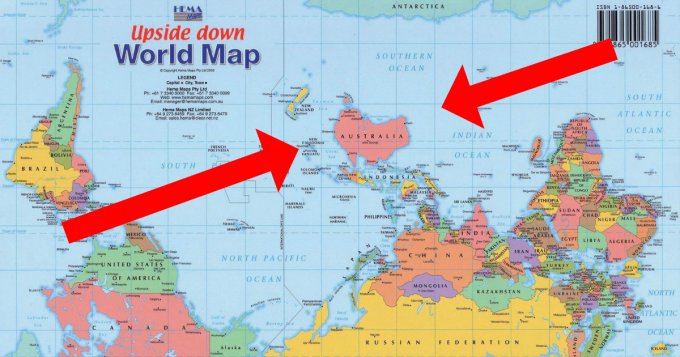






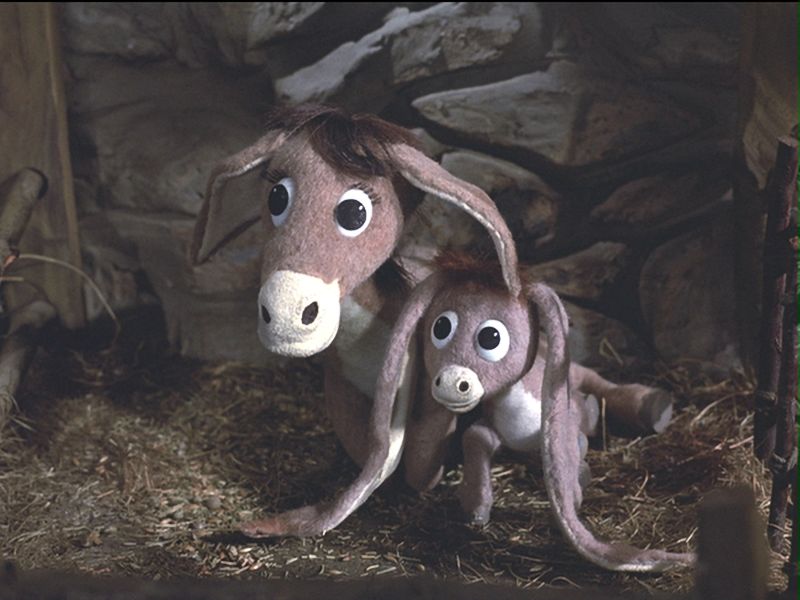




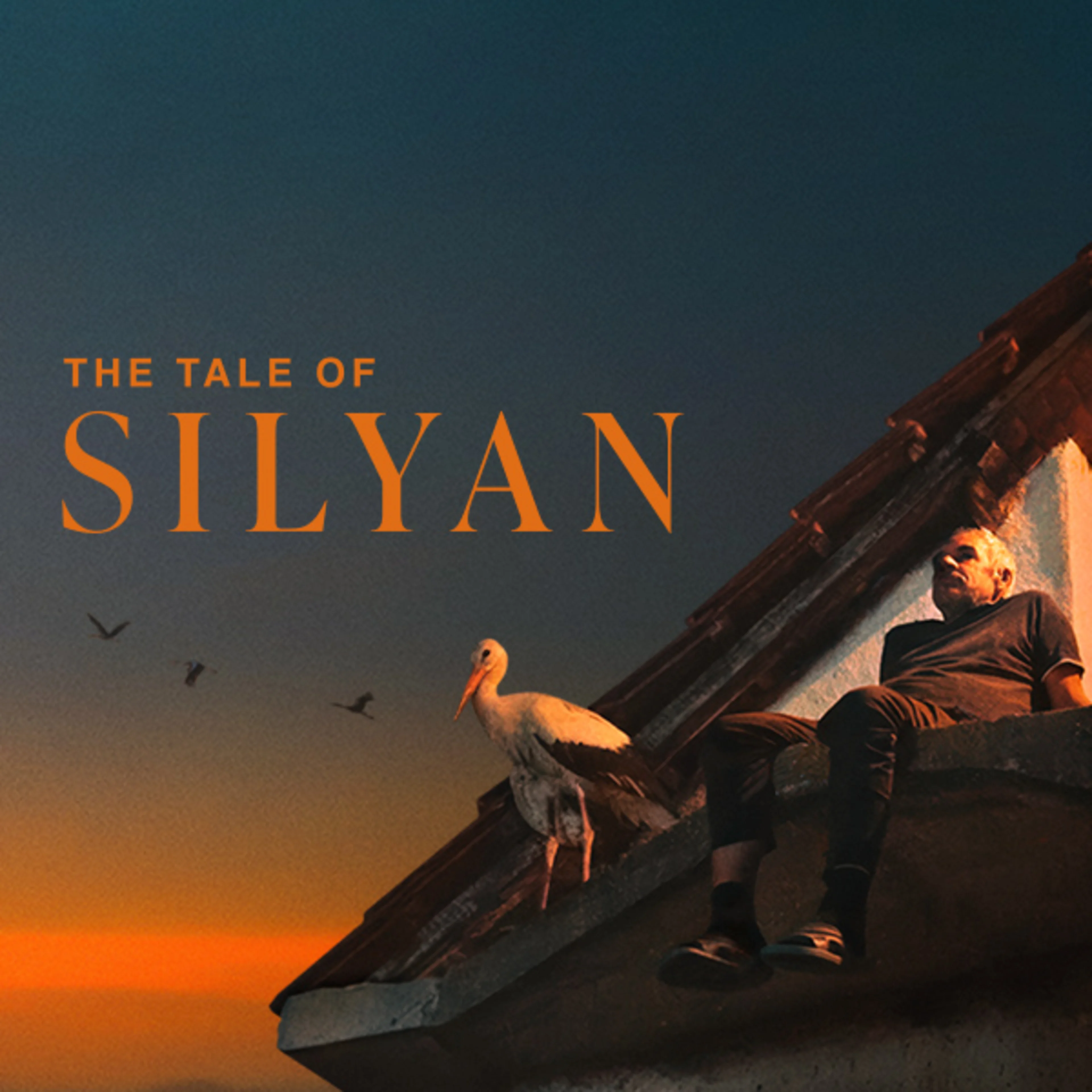














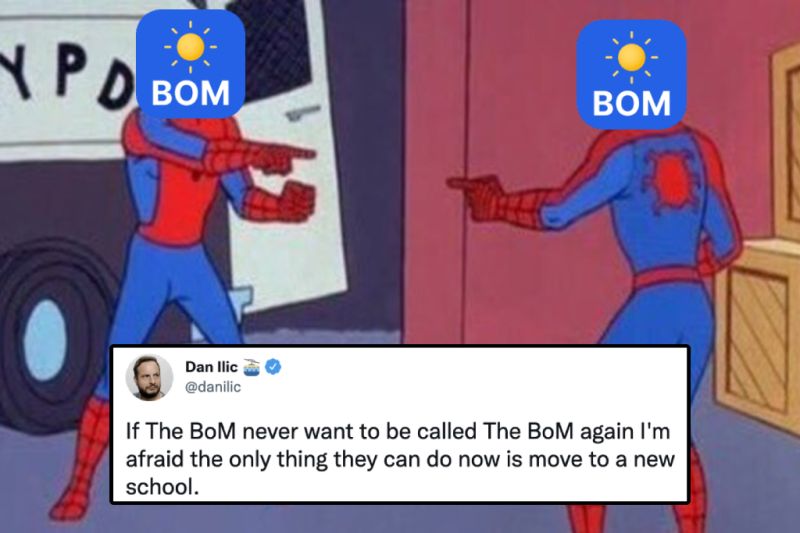





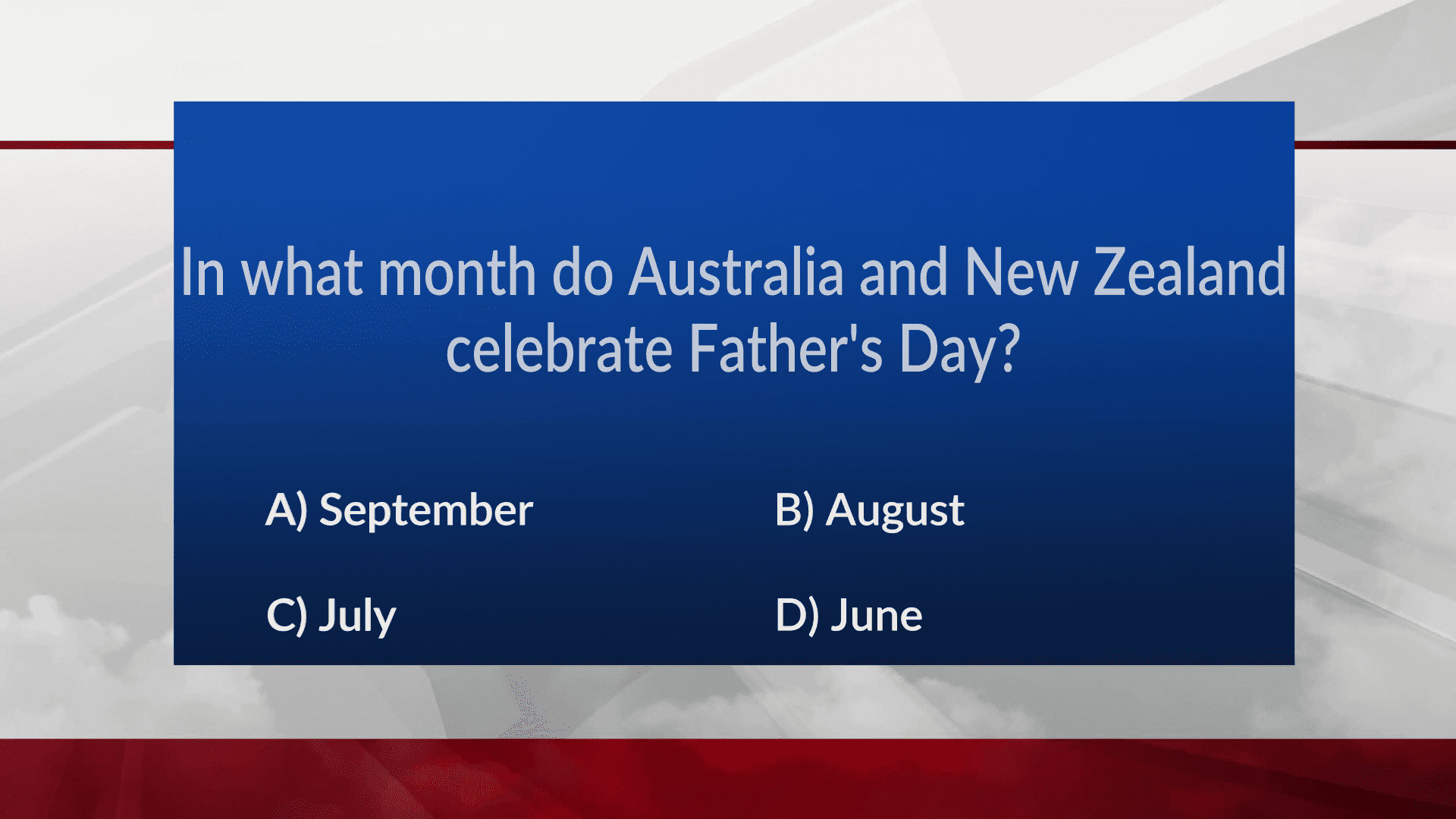





















































.%20A%20day%20of%20campaigning%20%E2%99%80%20%E2%80%A6%20or%20a%20day%20to%20buy%20flowers%20%F0%9F%92%90.jpg)



